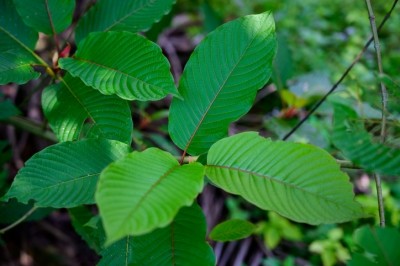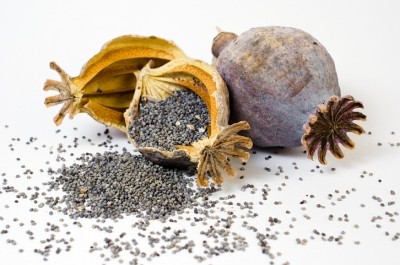FDA seizes ‘adulterated dietary supplements’ containing kratom worth $1.3 million

Manufactured by Fort Myers, FL-based Atofil, LLC, a subsidiary of Premier Manufacturing Products, the seized products are marketed under the brand names Boosted Kratom, The Devil's Kratom, Terra Kratom, Sembuh, Bio Botanical, and El Diablo.
"There is substantial concern regarding the safety of kratom, the risk it may pose to public health and its potential for abuse," said Judy McMeekin, Pharm.D., the FDA's Associate Commissioner for Regulatory Affairs.
"The FDA will continue to exercise our full authority under the law to take action against these adulterated dietary supplements as part of our ongoing commitment to protect the health of the American people. Further, there are currently no FDA-approved uses for kratom."
NDI
Kratom (Mitragyna speciosa) is a botanical native to Southeast Asia. It has been used to treat chronic pain, PTSD and is alleged to have helped some individuals wean themselves from addiction to opioid pain killers.
According to the FDA, “serious concerns exist regarding the toxicity of kratom in multiple organ systems. Consumption of kratom can lead to a number of health impacts, including, among others, respiratory depression, vomiting, nervousness, weight loss and constipation.
“Kratom has been indicated to have both narcotic and stimulant-like effects, and withdrawal symptoms may include hostility, aggression, excessive tearing, aching of muscles and bones, and jerky limb movements.”
FDA first issued an import alert on kratom in 2014. The import alert was reissued this year to update some details, including the companies on the so-called ‘Red List.’
The FDA’s position on the botanical is that kratom is a new dietary ingredient for which there is inadequate information to provide reasonable assurance that it does not present a significant or unreasonable health risk. The Agency, therefore, considers dietary supplements and bulk dietary ingredients that consist of or contain kratom to be adulterated.
AKA response
In response to the news, the American Kratom Association released a statement that, while acknowledging the Agency has the legal authority to take regulatory action against a manufacturer, distributor, or vendor of a food product that is adulterated under the FD&C Act, maintained that Kratom does not need to be ‘approved’ for use as an ingredient in dietary supplements.
“Kratom, like other products intended to be a food, dietary supplement, or cosmetic, do not require FDA approval. FDA has acknowledged it “does not have premarket approval of food products.” Instead, FDA can approve certain ingredients before they are used in foods such as food or color additives,” stated AKA.
“As such, kratom that is intended to be a food, and not a food or color additive, is not a product that FDA approves. Therefore, it can be legally marketed as such. In addition, when intended for use as a food, it is immaterial that kratom does not have any “approved uses,” since food products are not “approved”.”
The AKA statement did not cite any information about the availability of kratom as a dietary ingredient prior to the passage of the Dietary Supplement Health & Education Act (DSHEA) in 1994, which would put the ingredient into the 'Old Dietary Ingredient' category that carries with it a presumption of safety and would remove the NDI notification requirement for the botanical.
















